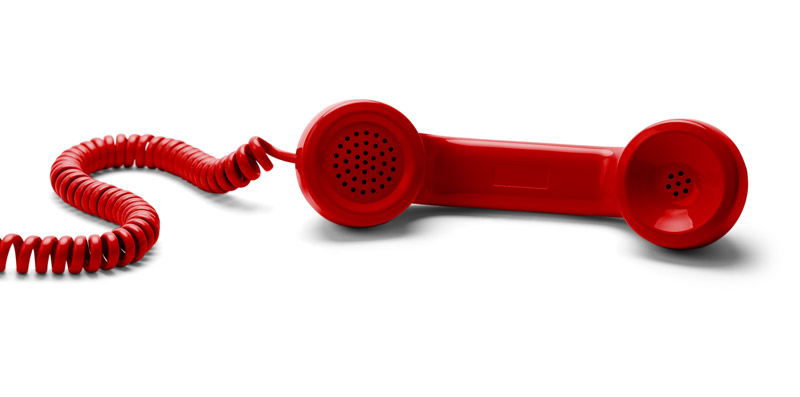30
November 2018
Ofcom Cracks Down on Rip-Off 118 Charges
In April 2019 Ofcom will introduce a new price cap of £3.65 for 118 directory enquiry calls.
Contacting a 118 number can currently cost the caller up to £20 for a 90-second phone call. Ofcom has been trying to crackdown on these extortionate charges for several years now and is now introducing a price cap, which will come into effect in April 2019. In the research carried out by the regulator, 2012 was used as a comparison because “little evidence” was found of customers paying more than expected during the year.
The most common call is to 118 118 and comes at a cost of £11.23 per 90-second call. While other services, like the Post Office and O2, offer far cheaper rates (£1 and £1.13 respectively), “customers tend to only use numbers they can most easily remember”.
The number of calls made to 118 services have dropped off considerably in recent years due to the rising use of AI voice assistants and the internet. In Q3 2013, there were 7.14 million call, and this number has dropped to 1.95 million in Q2 2017, which means an annual decline of 38%. However, about a million individuals are still calling 118 services, the majority of which are elderly or vulnerable, with those aged 65 four times more likely to call than those in younger age groups. A quarter of those calling a 118 service did not have internet connection, and nearly two thirds were unaware of the cost.
Due to the demographic who make use of 118 directory numbers, 8% are left with “affordability issues as a result”. These callers are then having to cut back on other expenditures, borrow money from those close to them, or even delay payment on the bill.
From these figures, Ofcom has calculated that every year roughly 450,000 people pay a combined £2.4 million more than expected in 118 call charges. In an effort to change this, Ofcom will be enforcing a price cap of £3.65 per 90 seconds.
Jane Rumble, Ofcom’s Director of Consumer Policy, said: “Directory enquiry prices have risen in recent years, and callers are paying much more than they expect. Our evidence shows this is hurting people, with some struggling to pay their bills.
“We’re taking action to protect callers by capping 118 prices. This will significantly cut the cost of many calls, and bring them back to 2012 levels.”
Margot James, UK Minister for Digital, enthusiastically praised the price cap, saying: “It’s about time that this horrendous ripping off of customers was brought to an end. The new price cap will go a long way in protecting consumers from astronomical fees, and is part of a series of measures we have worked with Ofcom on to secure a better deal for consumers.”





